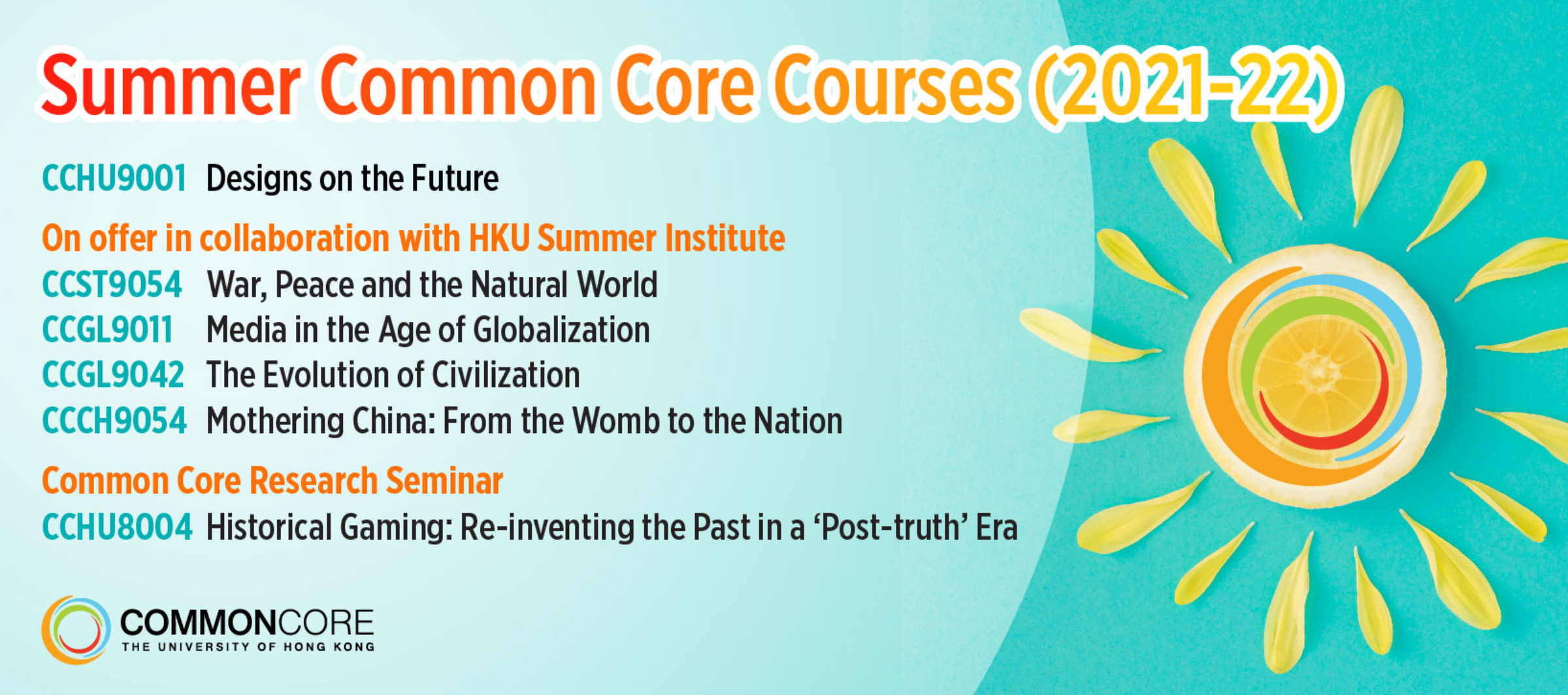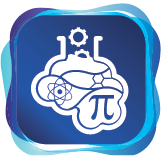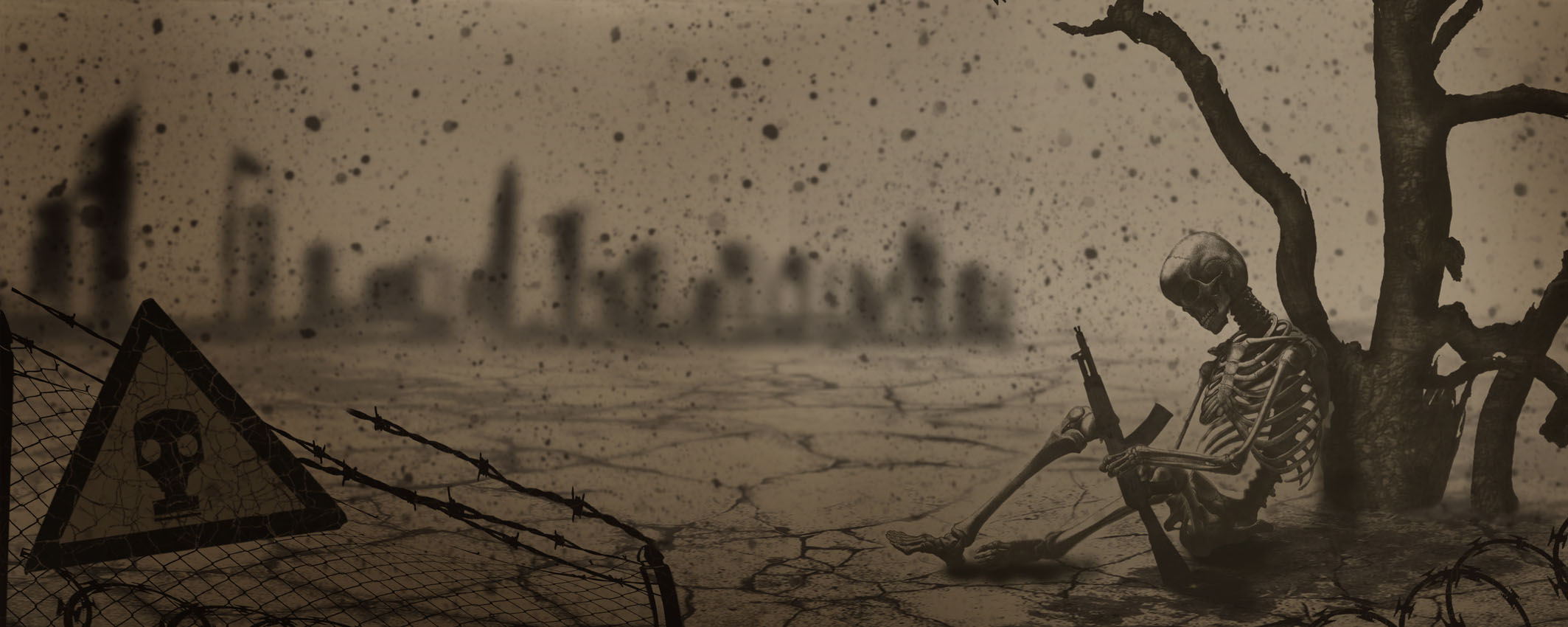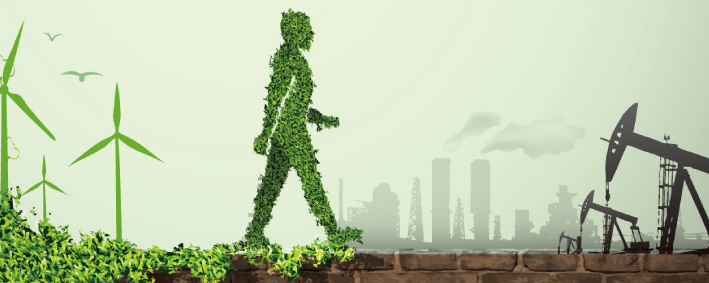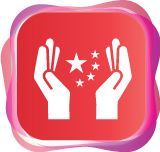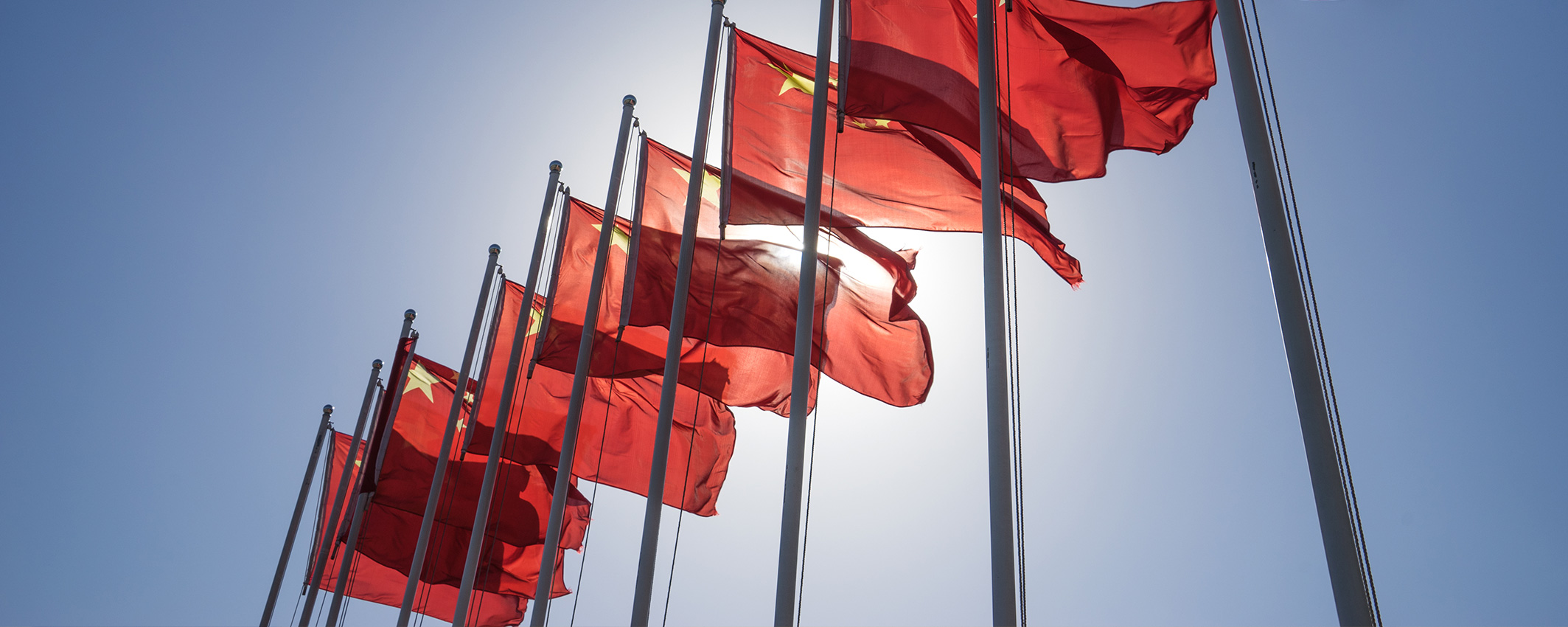Common Core Courses on Offer in the 2022 Summer Semester
 |
CCGL9011 Global IssuesMedia in the Age of Globalization |
Course Description
In this course, students will examine the role of an increasingly globalized and complex media ecosystem in shaping the global and local societies, as well as whether or not the growing access to information fosters knowledge sharing and citizen participation in public affairs and/or creates social problems like privacy infringment, misinformation or polarization. The students will also explore if the media system really changes the power distribution in information flow, domestic information production, and dissemination or actually reinforce the imbalance. Does the Information and Communication Technologies amount to an individual’s emancipation or another form of exploitation? What is the role of the media in Hong Kong, China and the rest of the world? In a multipolar cultural world, how do citizens contribute to the conversation on local and global issues? The course will also reflect on critical values such as the freedom of expression, information, privacy, transparency, and examine the impact of social media, artificial intelligence and blockchain technology.
[This course is (re)designed as a “flipped classroom” mode. Students are required to prepare and complete pre-class activities (reading, videos, and research) before the class and participate the in-class activities and tutorials.]
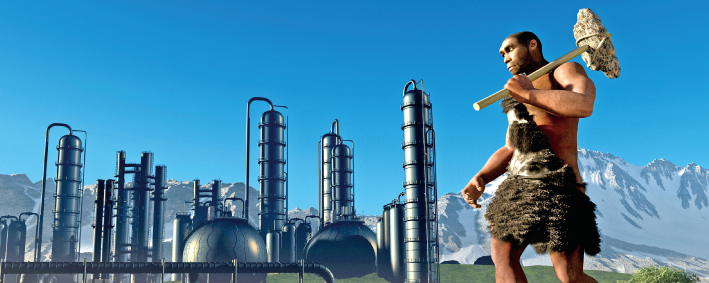
Course Learning Outcomes
On completing the course, students will be able to:
- Demonstrate basic understanding of the global media system, in light of contending political, cultural and economic paradigms.
- Demonstrate basic understanding of the role of technology in the development of the global media system.
- Identify and demonstrate basic understanding of the mechanisms by which governments, and business interests influence the framing of news.
- Demonstrate basic understanding of the role of and impact of social media on the global dynamics of information flow and exchange.
- Demonstrate an awareness of the emergence of “new voices” in the global media.
- Demonstrate understanding of the issues of freedom of expression, privacy and transparency in relation to the global media.
Offer Semester and Day of Teaching
Summer Semester
Jul 25 – Aug 10, 2022
Mon, Wed & Fri (9:30 am – 12:20 pm)
Study Load
| Activities | Number of hours |
| Classroom sessions | 24 |
| Tutorials | 10 |
| Preparing materials and questions for discussion | 25 |
| Assessment: Group project | 45 |
| Assessment: Individual assignment | 26 |
| Total: | 130 |
Assessment: 100% coursework
| Assessment Tasks | Weighting |
| Class participation | 40 |
| Group project | 30 |
| Individual essay | 30 |
Required Reading
No required textbook. Students are expected to stay up to date on current events and major developments of media and technology in Hong Kong, China, and globally. Class readings (academic papers, news articles, online references, or other teaching resources) will be assigned before each lecture. Here is a tentative list.
Class 1: Introduction – Media, globalization, and media framing
- Lakoff, G. (2014). Don’t Think of an Elephant! [Chap. 1 (pp. 3-34)]
- Pew Research Center. (July 13, 1998). Framing the News. From https://www.pewresearch.org/journalism/1998/07/13/framing-the-news/
Class 2: Journalism – digital news, citizen media, and globalized media
- Gillmor, D. (2006). We the media: Grassroots journalism by the people, for the people. From http://oreilly.com/openbook/wemedia/book/index.html [Introduction & Chap. 12 “Making Our Own News”]
- Herman, E., & Chomsky, N. (1988). A Propaganda Model. From https://chomsky.info/consent01/
- Reuters Institute for the Study of Journalism. (2021). Digital News Report 2021. From https://reutersinstitute.politics.ox.ac.uk/digital-news-report/2021
Class 3: Impact of Media Technology – beyond utopianism and dystopianism
- BBC Radio 4. (2015). The Medium is the Message. From https://www.youtube.com/watch?v=Ko6J9v1C9zE
- Bijker, W. E. (2008). Social Construction of Technology. From https://doi-org.eproxy.lib.hku.hk/10.1002/9781405186407.wbiect025
Class 4: Decentralization – digital activism and blockchain
- De Filippi, P. (2018). Citizenship in the Era of Blockchain-Based Virtual Nations. In R. Bauböck (Eds.), Debating Transformations of National Citizenship. IMISCOE Research Series. Springer, Cham. From https://link.springer.com/chapter/10.1007/978-3-319-92719-0_48
- Morozov, E. (2009). How the Net aids dictatorships. From https://www.ted.com/talks/evgeny_morozov_how_the_net_aids_dictatorships
- Shirky, C. (2011). The Political Power of Social Media. Foreign Affairs. [Available on Moodle]
Class 5: Digital Freedom 1 – free speech and Internet censorship
- Lessig, L. (1999). Code is Law. [Available on Moodle]
- Roberts, S. (2020). Behind the Screen: Content Moderation in the Shadows of Social Media. From https://www.youtube.com/watch?v=lI0J4M8vsnI
- Shahbaz, A., & Funk, A. (2021). Freedom on the Net 2021: The Global Drive to Control Big Tech. Freedom House. From https://freedomhouse.org/report/freedom-net/2021/global-drive-control-big-tech
Class 6: Digital Freedom 2 – digital surveillance, privacy, and transparency
- Snowden, E. (March, 2014). Here’s how we take back the Internet. From https://www.ted.com/talks/edward_snowden_here_s_how_we_take_back_the_internet?language=en
- Tufekci, Z. (2017). We’re building a dystopia just to make people click on ads. From https://www.ted.com/talks/zeynep_tufekci_we_re_building_a_dystopia_just_to_make_people_click_on_ads#t-1363250
- Zuboff, S. (2019). The Age of Surveillance Capitalism. From https://www.youtube.com/watch?v=8HzW5rzPUy8
Class 7: Ubiquitous Communication – Mobile Technologies and Public Diplomacy
- Nye, J. (2010). Global power shifts. From https://www.ted.com/talks/joseph_nye_global_power_shifts?share=1f9631d44c&language=th
- Tharoor, S. (November, 2009). Why nations should pursue soft power. From https://www.ted.com/talks/shashi_tharoor_why_nations_should_pursue_soft_power?language=en
- Poushter, J. (April 21, 2017). Smartphones are common in advanced economies, but digital divides remain. Pew Research Center. From https://www.pewresearch.org/fact-tank/2017/04/21/smartphones-are-common-in-advanced-economies-but-digital-divides-remain/
- Terry, S. M. (December 15, 2021). Squid Game and the Growth of South Korean Soft Power. From https://www.wilsoncenter.org/video/squid-game-and-growth-south-korean-soft-power
Class 8: Data Society – AI and Future Technologies
- Buolamwini, J. (2019). The Coded Gaze: Bias in Artificial Intelligence. From https://www.youtube.com/watch?v=eRUEVYndh9c
- Cukier, K. N., & Mayer-Schoenberger, V. (2012). Why Big Data Is on the Rise. Foreign Affairs. [Available on Moodle]
- Kantayya, S. (2020). Coded Bias’s trailer. From https://www.youtube.com/watch?v=rf68wQDVEho
- Lee, K. -F. (2018). How AI can save our humanity. From https://www.youtube.com/watch?v=ajGgd9Ld-Wc
- Montreal AI Ethics Institute. (October 28, 2020). The State of AI Ethics Report. From https://montrealethics.ai/oct2020/
Course Co-ordinator and Teacher(s)
| Course Co-ordinator | Contact |
| Professor K.W. Fu Journalism and Media Studies Centre, Faculty of Social Sciences |
Tel: 3917 1643 Email: kwfu@hku.hk |
| Teacher(s) | Contact |
| Professor K.W. Fu Journalism and Media Studies Centre, Faculty of Social Sciences |
Tel: 3917 1643 Email: kwfu@hku.hk |
 |
CCGL9042 Global IssuesThe Evolution of CivilizationThis course is under the thematic cluster(s) of:
|
[This is a certified Communication-intensive (CI) Course which meets all of the requirements endorsed by HKU’s Senate, including (i) the teaching assessment of oral and visual communication ‘literacies’; and (ii) at least 40% of the course grade assigned to communication-rich assessment tasks.]
Course Description
This course will draw on economics, evolutionary theory, and psychology to address the key issues:
- How did humans go from relatively isolated tribal life to an increasingly cooperative, interconnected, globalized world?
- How can our knowledge of human nature and past progress be used to help solve major societal challenges?
The theme of this course is that natural selection is a useful framework for understanding how humans have progressed from subsisting in relatively isolated groups to where individuals are highly specialized in their productive efforts and highly integrated with the entire world through globalization. The course will explore how this progression may be the result of genetic selection, but likely more the result of selection acting on ideas, or memes, rather than genes, but in an analogous manner.
Through an understanding of human evolution, the origin of economic development will be explored. Combined with the psychological perspective of understanding the individual, we attempt to shed light on how complex civilization has come into existence. Lectures will ask one or two main scientific questions and then focus on answering them, showing the types of evidence that can be used to address the question and the logical progression of ideas.

Course Learning Outcomes
On completing the course, students will be able to:
- Demonstrate an understanding and awareness of the various domains of human progress.
- Describe and explain the basic principles of evolutionary theory as a model for human progress.
- Demonstrate an understanding of how trade and specialization are central to human advancement.
- Apply knowledge and understanding of evolutionary theory, psychology, and the scientific method to solving several societal problems.
- Develop and demonstrate ability to speak effectively, display data in graphs, and convey messages by integrating text and graphics.
Offer Semester and Day of Teaching
Summer Semester
Jul 11 – Aug 5, 2022
Mon, Wed & Fri (4:30 pm – 6:20 pm)
Study Load
| Activities | Number of hours |
| Lectures | 24 |
| Tutorials | 14 |
| Reading / Self-study | 62 |
| Assessment: Presentation (incl preparation) | 20 |
| Total: | 120 |
Assessment: 100% coursework
| Assessment Tasks | Weighting |
| Class discussion | 30 |
| Presentation | 40 |
| In-class quizzes | 30 |
Required Reading
- Ridley, M. (2010). The rational optimist: How prosperity evolves. New York: Harper.
- Harari, Y. (2014). Sapiens: A Brief History of Humankind. Harper Perennial. [Selected chapters]
Course Co-ordinator and Teacher(s)
| Course Co-ordinator | Contact |
| Dr L.W. Baum Department of Psychiatry, Li Ka Shing Faculty of Medicine |
Tel: 2831 5106 Email: lwbaum@hku.hk |
| Teacher(s) | Contact |
| Dr L.W. Baum Department of Psychiatry, Li Ka Shing Faculty of Medicine |
Tel: 2831 5106 Email: lwbaum@hku.hk |


